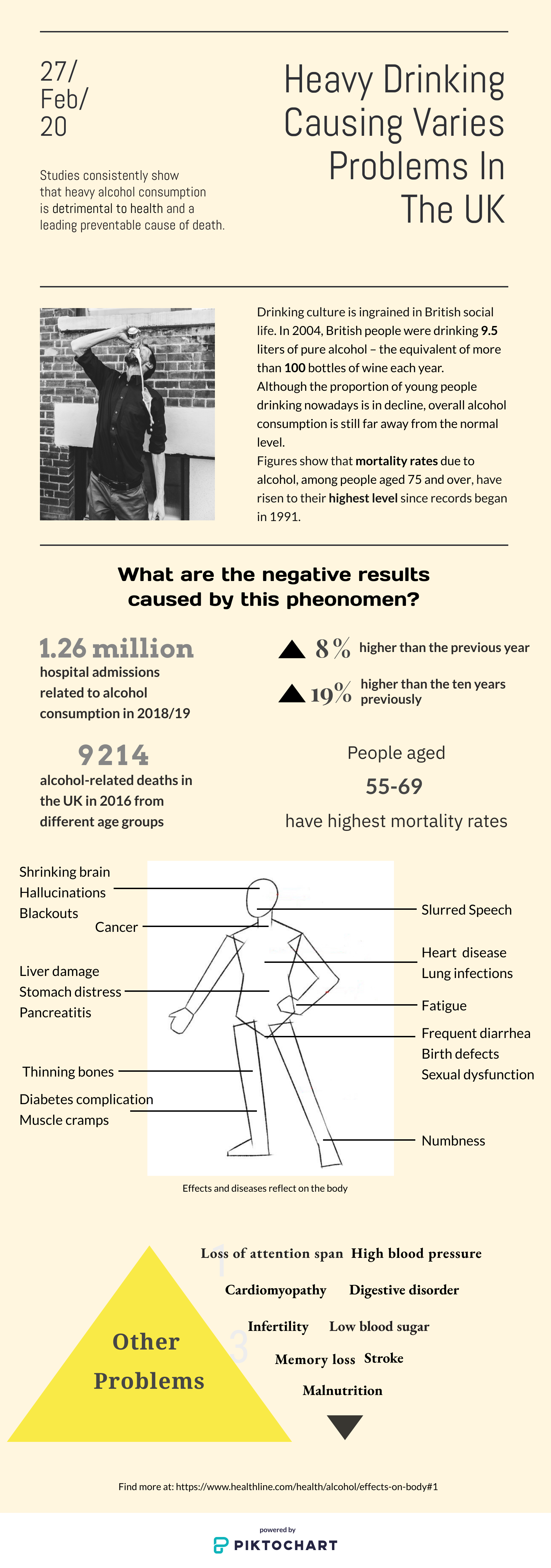The world’s biggest sausage party actually turned out to be an excuse to drink heavily. Is this just another reminder for international students to Cardiff that to integrate into UK life you need to drink to excess?
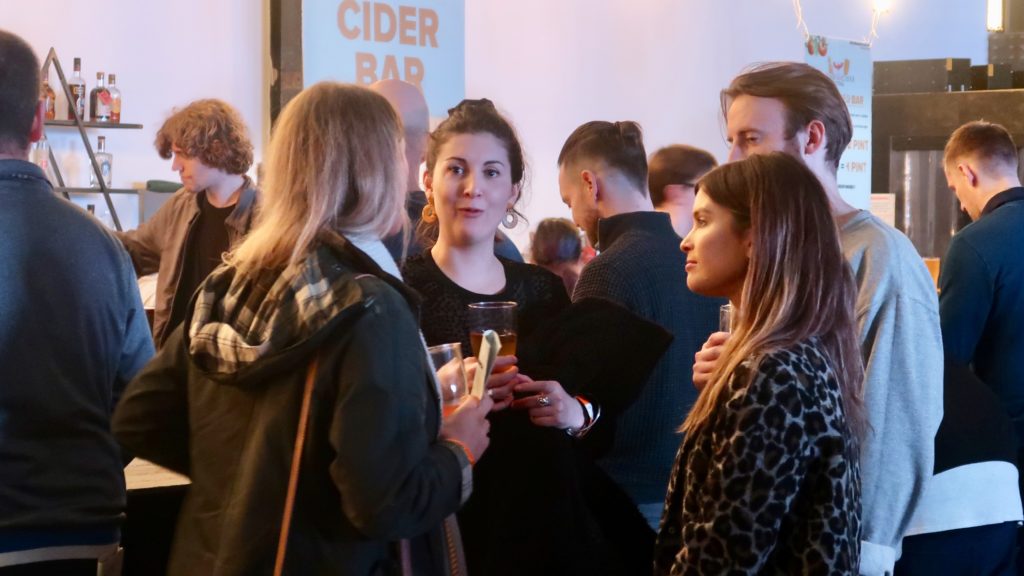
It was billed as the biggest sausage party in the world, and for a small group of Chinese students that meant a celebration of food. Had I been back home in Zhejiang province an event like this would have meant sweet osmanthus soup dumplings, steamed buns, stinky tofu…
But as we walked into the event in Cardiff, we were shocked to see just two small stalls of sausages that only a few scattered people were waiting in front of. The staff skillfully picked up the bread and then grabbed a sausage too without changing their expressions. At the same time, the wine booth was surrounded by a huge, passionate crowd. The queue moved a step forward but that space would just be filled by another newcomer.
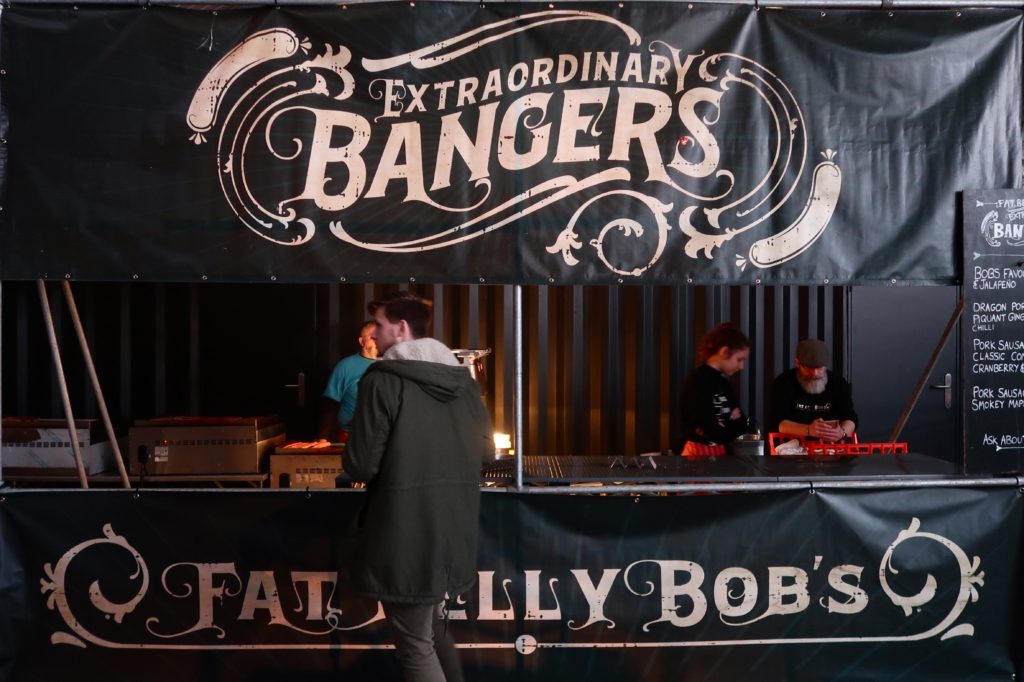
“It’s totally different from what I’ve expected,” Lin, a Cardiff University student from Shanghai who joined in on the activity said. “It seems that whatever kind of events there are, wine always plays a significant role and gains most attention from people.”
Lin is not the only person who holds this view. Although ‘the British like to drink’ has been seen as a normal phenomenon by international students, most of them feel incapable of getting involved with the foreign culture. Cultural differences, cited as the most important reason, is explained in different ways.
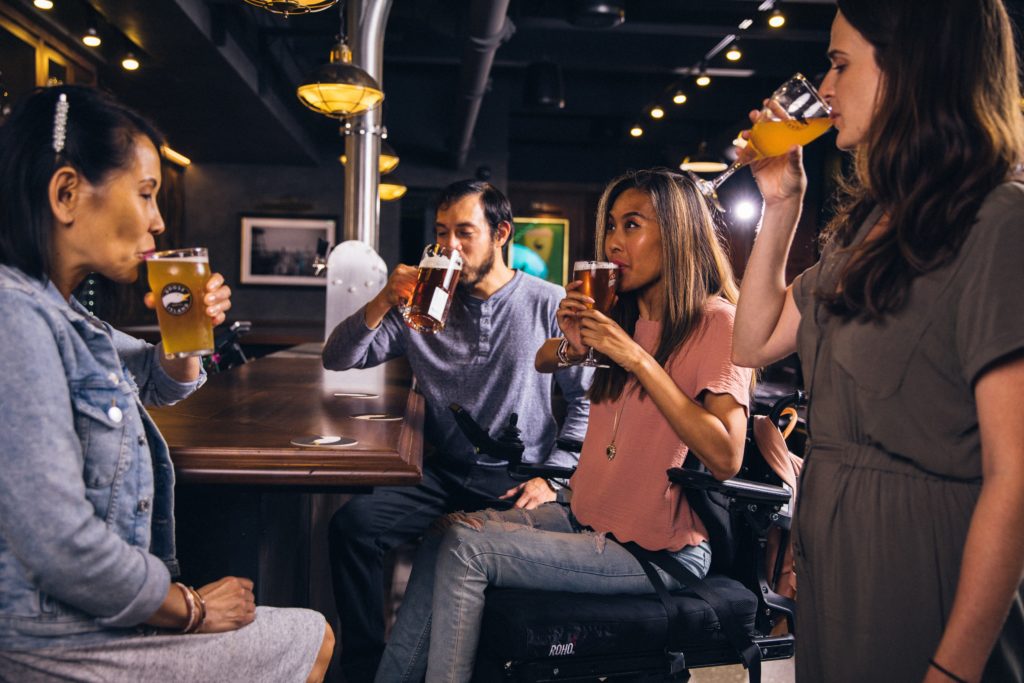
Le, a Chinese student from Cardiff said: “I get the feeling that drinking culture is a huge part in Britain. But I just can’t persuade myself to join them because I seldom have this experience in the bar before, where it’s common for people gulping a deep swallow of wine.”
Wen, who is also from China and works on an internship regarding international trade, explained: “Actually, I do drink when I’m at those business banquets or with my working partners. But I still can’t make it in my private life after trying many times,” he said. “It’s something about accepting a new kind of culture, changing your lifestyle and definitely is not easy.”
It seems more of a challenge for people who have specific religious beliefs to participate equally. Lucy, an Arabic girl who has lived in Britain since high school, feels it’s hard to approach the new culture as a non-drinker who follows Islam. “I have seen the pictures of British bars in television, movies and all kinds of social media but never successfully make a try. And it’s weird if you only grasp a glass of juice and walk into a group of drinkers.” She said.
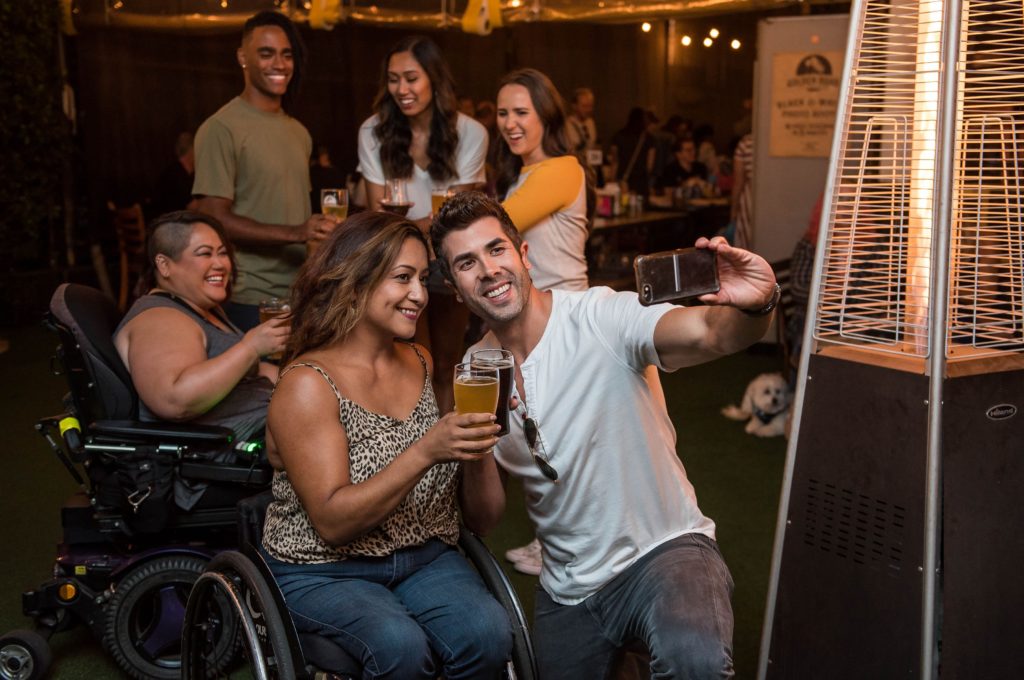
There are other people who resist drinking culture due to their personal experiences. “It’s difficult to form a good habit but much easier to drop it,” said Michel, an exchange student from France who once was addicted to alcohol and is struggling with the way British people socialise. “You have multiple alternatives to meet new friends in social events, but there is little workable without wine. And that is the moment when I was quickly struck by the atmosphere and unaware of how much I drink.”
While binge drinking becomes a common obstacle for international students trying to fit into their new environment, it’s also regarded as a serious problem in British society because of the negative effect on physical health. And, according to the NHS, young people are gradually turning their backs on alcohol, with more than 25% of the population classing themselves as “non-drinkers”.
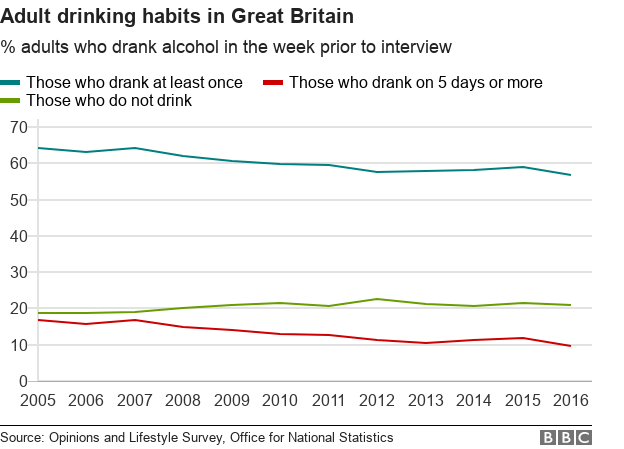
“For people who also stay away from alcohol like me, this is really good news.” Lucy said, “I think it’s vital to introduce your own culture when you want to integrate into another. But if I’m facing a group of drinkers, I don’t know how to open the conversation.”
In another respect, the trend of drinking less means that international students have more opportunities to integrate without involving alcohol. For example, social media is taking over part of the role and continuously innovating to help people develop bonds with others. Apart from the traditional social apps like Facebook, Twitter and Instagram, the video-sharing platform TikTok has also gained huge popularity in the UK.

“I’d happy to make new acquaintances on TikTok, because video brings more vivid descriptions of one’s preferences and hobbies, which makes it easier to find someone who has common interests with me and gets to know more about culture-related things.” Le said as she showed some videos that interested her on the app.
The language café is another approach to gather students from different countries and have them interact with new cultures. Lin shared her experiences with it: “I found my language partner in language exchange groups. She is a British girl who is keening on learning Chinese and we have great talks not only on language, but also on cultures, customs, beliefs and values.”
Cardiff University Islamic Society has always doing the right thing in this respect. They have worked out a range of plans such as the Charity Week and Art Exhibition, to collaborate and unite people from various communities with the aim of helping Muslim students integrate into British culture without having to drink, while demonstrating the beauty of Islam.
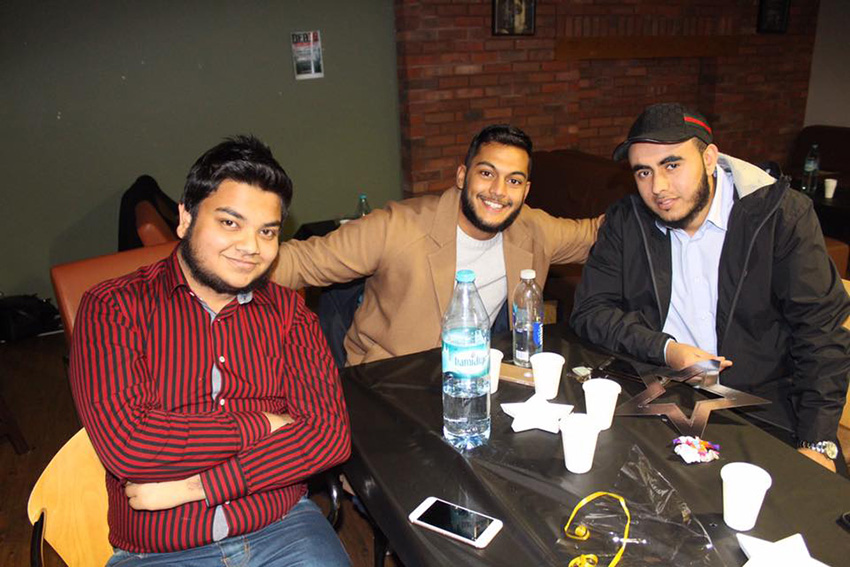
Emina, a Muslim student in Cardiff, thinks highly of what these kinds of organisations have done. She said, “The on-campus event does a great job of creating connections and building trust among people in different groups. Through that, we can start a brand-new cultural tour in a more relaxed and comfortable way.”
